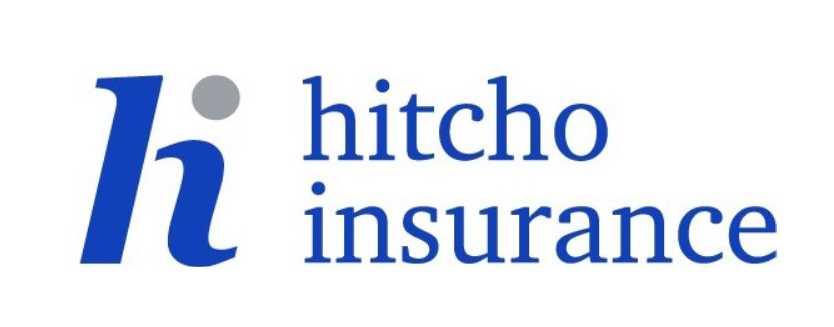With Medicare, you can go to any hospital in the United States that accepts your Medicare coverage. Most providers in the United States accept Original Medicare, Part A and Part B. All benefits apply so long as the provider accepts Medicare. If you have a Medigap plan, you are covered as long as you have a Medicare-participating provider.
Providers do not always agree to the costs Medicare dictates. Participating providers always accept the Medicare-approved amount for services as full payment. Non-participating providers accept Medicare but do not accept the Medicare-approved amount as full payment. These providers can charge an excess of up to 15 percent of the Medicare-approved amount. These are called Part B excess charges. Opt-out providers do not accept Medicare and have requested to be excluded from the Medicare program. If you go to one of these providers, you will be responsible for the full bill amount out-of-pocket.
Some Medicare Advantage Plans (Part C) are restrictive in the providers they want you to see. Health Management Organization (HMO) plans pay for care from in-network providers. If you have an HMO, check whether you can use your coverage in another state before traveling. If you have a Preferred Provider Organization (PPO) plan, you will pay more for seeing providers that are not in-network. Check with your provider before traveling to see if you are covered in another state.
Medicare Part D prescription drug plans often have you use a pharmacy network that may be on a local, regional, or national level. You may be covered while traveling out of state, but it is best to check with your provider about your coverage.
You are still covered in Puerto Rico, the U.S. Virgin Islands, Guam, American Samoa, and the Northern Mariana Islands, as they are U.S. territories.
International Travel
Medicare covers foreign services under a few circumstances:
- You are in the U.S. when you experience a medical emergency, and the nearest hospital is a foreign hospital.
- You’re traveling through Canada on your way from Alaska to another state, and the nearest hospital is the Canadian hospital.
- You live in the U.S., and the nearest hospital to your home is a foreign hospital.
- If you receive medically necessary treatment while on a ship within the territorial waters around U.S. land.
If you are on a ship more than six hours away from a U.S. port, Medicare will not cover your services.
For foreign services, Medicare coverage will apply the same way it would in any U.S. hospital. Medicare will pay for services covered under Original Medicare, and the Part B deductible will still apply. Inpatient hospital care is covered as well as ambulance services. You pay what you would typically pay for U.S. services, which includes 20 percent of the Medicare-approved amount and any coinsurance, copayments, and deductibles.
Supplement Insurance
If you regularly travel outside of the United States, you may want to consider adding Medicare Supplement Insurance. Plans C, D, F, G, M, and N offer foreign travel emergency health care coverage. If you encounter a medical emergency within the first 60 days of your trip, the Medigap insurance will cover you. After you meet your deductible, you pay 20 percent for your services. These plans have a lifetime foreign travel emergency coverage limit of $50,000.





